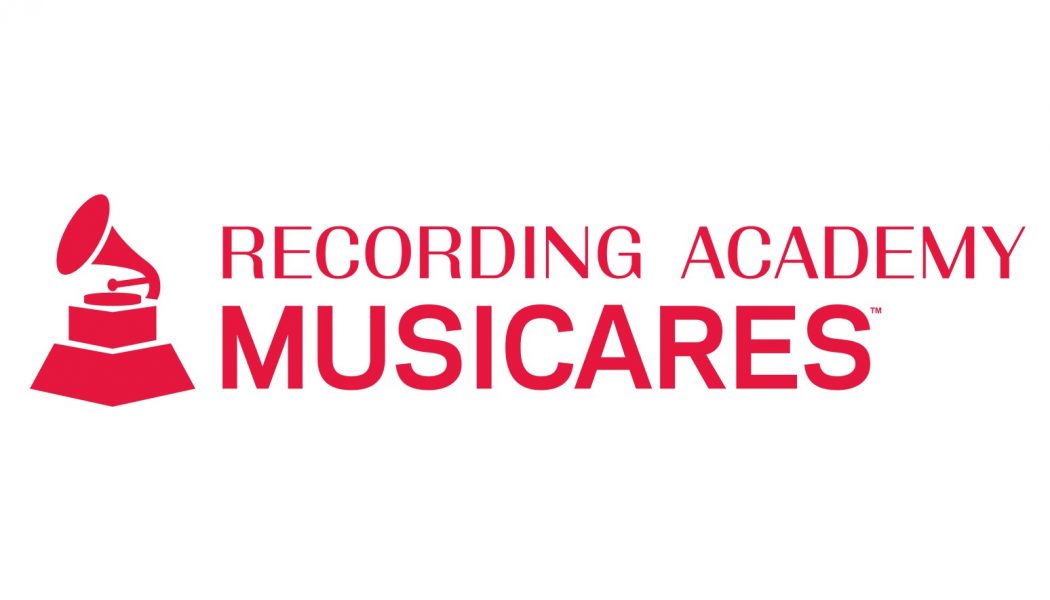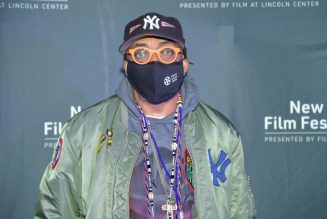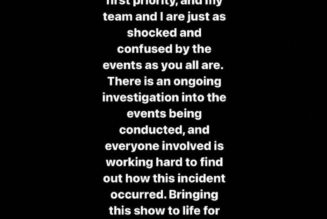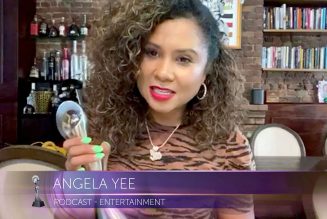
The survey delves into a lot of personal areas, including the respondent’s alcohol, drug, tobacco and marijuana use. It also asks the respondents to reveal their age, gender, marital status, ethnicity, spiritual practice, income level, life satisfaction level, stress and anxiety level, health insurance status, how well they sleep and how often they exercise and meditate. Two areas it does not inquire about: the respondent’s sexual orientation or religious affiliation.
One section of the survey uses the Patient Health Questionnaire (PHQ)-9 test — a standardized test that helps to screen for depression.
MusiCares stresses that this is a voluntary survey and that all responses are strictly confidential. The survey is limited to those 18 and older and who have been working in the music industry for five or more years.
When the COVID-19 pandemic swept the U.S. in March, MusiCares established the MusiCares COVID-19 Relief Fund to help music people facing crisis due to loss of work, medical diagnosis, threat of eviction, and other personal emergencies. The relief efforts have helped more than 19,000 artists and music industry professionals — the most recipients for any single relief effort in MusiCares’ history.
Billboard posed some questions about the survey to MusiCares executive director Laura Segura.
Who will receive this survey?
We are reaching out to musicians, music management companies, talent agencies, labels, publishers, music school alumni networks, and other music associations to ensure we’re reaching a broad scope of music professionals. We are also in touch with Recording Academy membership and a randomized sampling of MusiCares’ clients.
How many people are you reaching out to?
We want to ensure the survey reaches music professionals far and wide across the U.S., so we are reaching out to hundreds of people and organizations directly with a link to the survey, including music industry media, to get the word out. We’re collaborating with music-focused organizations and businesses to support us in our commitment to assessing the music community’s mental health and wellness.
Many questions have “prefer not to answer” as a possible answer. What was the thinking behind giving that as an option?
We realize that there may be some questions that individuals may not be comfortable answering and we certainly want to be respectful of that.
You say that “responses are strictly confidential.” What does that phrase mean in this context?
There is no personal identifying information being collected as part of the survey. The respondents can feel confident that their responses are completely private and anonymous. No information collected is paired with stored personally identifiable information.
You write that you only want responses from people who have made their living in music for at least five years. Why is that?
MusiCares’ mission is to provide a safety net of critical assistance for music people in times of need. It’s important that the results from the survey are representative of the professional music community we aim to serve, and that’s focused on music professionals who have been working in the community for at least five years.
What will you consider a successful “return rate”? For example, if 10 percent or 30 percent complete the survey, will you be satisfied?
There is not a return rate we are aiming for, as much as a statistically valid data set.
You are planning to send a similar survey every year. How did you decide on that level of frequency, as opposed to, say, every five years?
We are interested in learning directly from the music community what challenges or needs they are facing and those can be ever changing and fluctuating. Given such, we are committed to collecting data annually, so we can best meet those needs.
The MusiCares COVID-19 Relief Fund has helped more than 19,000 music professionals. Until fairly recently, there was a $1,000 cap per person. Now, there’s no cap. How does it work now?
We assess need based upon the individual and their unique circumstance. Our expert health and human services team works with each individual client to examine their specific situation before we determine how much assistance we can provide.
Has the COVID-19 Relief Fund cut into MusiCares’ other, non-COVID-related work?
While the pandemic has been devastating to so many communities — including the music community — we’ve remained committed to also providing support outside of COVID-related needs, ranging from financial, medical and personal emergencies, addiction recovery, instrument replacement and beyond for music professionals who need help.
If people donate to your COVID-19 Relief Fund, are you barred from using it for non-COVID relief work?
Funds that were raised specifically for COVID Relief will be allocated for individuals struggling as a result of the pandemic. Given that the industry remains paralyzed by the pandemic, the need for support around COVID remains very high.










